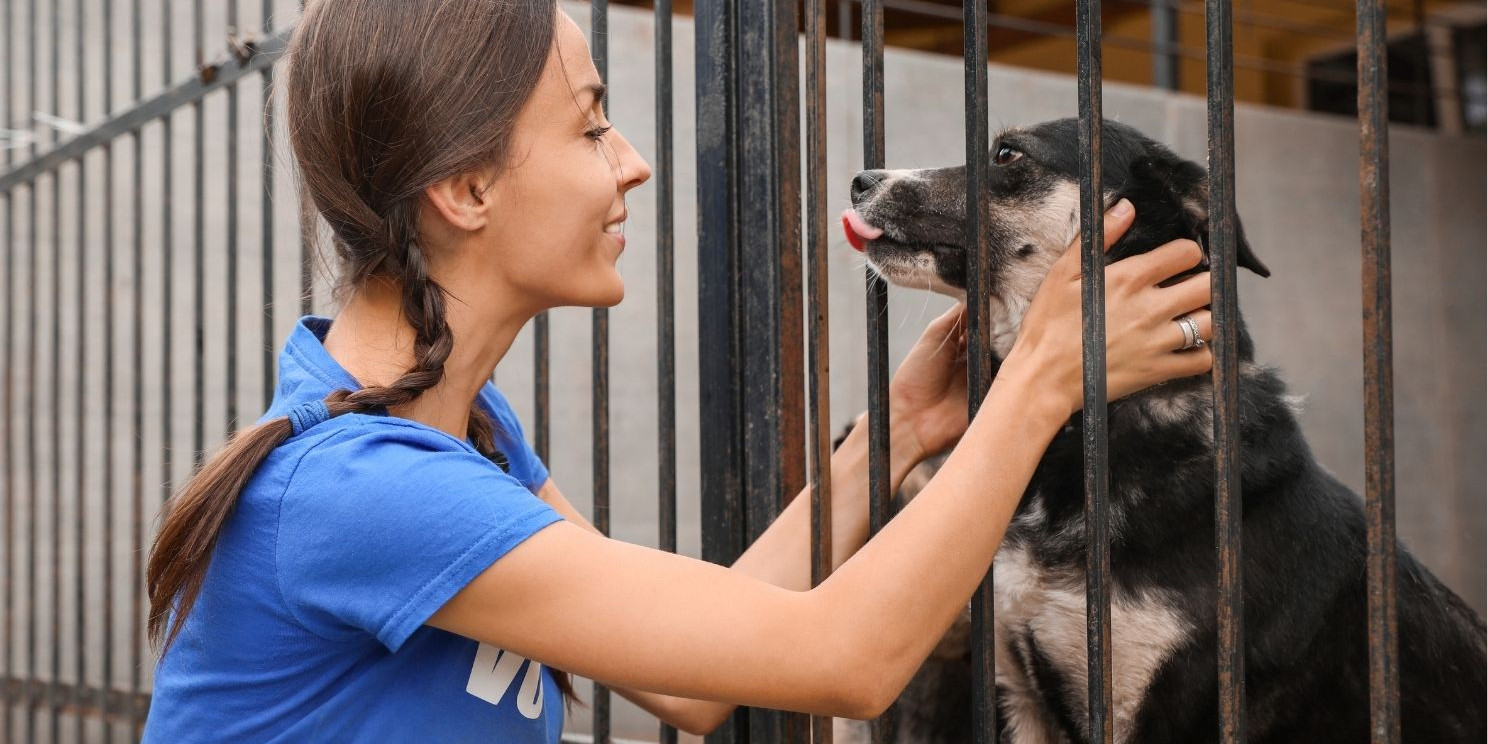For businesses operating in the 2025 economy, animal welfare is no longer just a moral consideration—it’s a strategic imperative. Supply chains that rely on or impact animals are coming under increased scrutiny from regulators, consumers, investors, and advocacy groups. Companies that proactively address animal welfare are not just doing the right thing—they’re protecting their bottom line.
This post outlines why prioritising animal welfare in your supply chain isn’t just ethically sound, but also commercially smart.

Animal Welfare in Supply Chains: Where the Pressure Is Coming From
The pressure on brands to prioritise animal welfare is intensifying from several directions:
- Consumers demand transparency and cruelty-free practices
- Investors increasingly favour ESG-compliant portfolios
- Regulators are tightening standards around livestock, testing, and trade
- Media and advocacy groups can publicly damage brands tied to poor welfare practices
“If your supply chain touches animals, then animal welfare is part of your brand reputation—whether you admit it or not.”
— RSPCA Good Business Awards Ethical Panel
Key Industries Affected by Animal Welfare Concerns
While all sectors are accountable, these industries face direct exposure:
- Food and Farming – livestock conditions, slaughter practices, transportation
- Fashion and Apparel – use of leather, wool, fur, feathers, exotic skins
- Beauty and Pharmaceuticals – animal testing, ingredient sourcing
- Retail and Supermarkets – brand curation and ethical product offerings
- Tourism and Entertainment – animal attractions, wildlife handling
Commercial Benefits of Prioritising Animal Welfare
1. Brand Trust and Customer Loyalty
Modern consumers are highly values-driven. Prioritising animal welfare can build emotional loyalty that outlasts promotions or pricing advantages.
“Ethical supply chains build consumer trust. And trust drives long-term profitability.”
2. Risk Reduction and Reputation Protection
Businesses that fail to manage welfare risks may suffer:
- Public backlash from undercover investigations
- Lawsuits or penalties under evolving animal protection laws
- Boycotts or bans by ethical retailers and platforms
3. Market Differentiation
As animal-friendly products grow in popularity, having third-party certifications (e.g. RSPCA Assured, Leaping Bunny, Certified Vegan) sets your business apart in a crowded field.
4. Investor Confidence
ESG-conscious investors are increasingly asking:
- Is your supply chain humane?
- Are welfare risks mapped and mitigated?
- Are practices independently verified?
A strong welfare record can improve access to sustainable capital and de-risk investor exposure.

Steps to Improve Animal Welfare in Your Supply Chain
- Map All Animal Touchpoints
Identify where animals are involved—directly or indirectly—through sourcing, production, or distribution. - Adopt Recognised Standards
Implement third-party certifications such as RSPCA Assured, Global Animal Partnership, or The Better Chicken Commitment. - Audit Suppliers and Set Benchmarks
Don’t just accept claims—verify them. Use independent audits and require traceability. - Build Supplier Partnerships Around Welfare
Work with suppliers who share your ethical goals. Invest in training and improvement, not just enforcement. - Communicate Transparently
Share your welfare commitments, progress, and challenges. Ethical consumers appreciate honesty, not perfection.
Final Thoughts: Profit with Principles
A growing body of evidence shows that businesses that protect animals also protect their reputations, reduce operational risks, and strengthen customer relationships. In an era of conscious consumerism, animal welfare isn’t a niche concern—it’s a core operational principle.
The RSPCA Good Business Awards celebrates companies that lead in this area—not through token gestures, but by embedding animal welfare into their business DNA.




